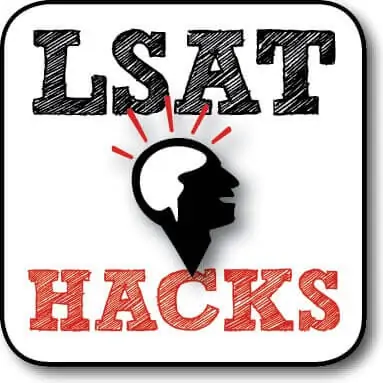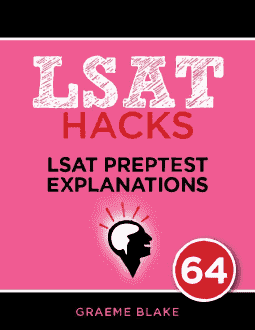QUESTION TEXT: Science writer: Scientists' astounding success rate with…
QUESTION TYPE: Most Strongly Supported
FACTS:
- Scientists usually choose which problems to work on.
- When others choose problems for scientists, the scientists help write the question in a way that makes the question easier for science to solve.
- Scientists rarely have to answer questions not designed to be answered by scientists.
ANALYSIS: The whole passage suggests that scientists might not do so well with problems they haven't helped to design. Scientists have stuck to questions that science is good at answering.
This probably isn't the only reason science is successful, but it helps to have a good question to work on.
___________
- There's no support for this. There are many problems that are scientifically solvable, but that no one asks scientists to look at. Think of small things from your daily life that you wonder about. Sure, scientists could solve them, but you haven't asked, have you?
- The stimulus says scientists can answer most questions they formulate. This answer mistakenly negates that.
It's possible scientists can solve problems while being unsure how to ask the question. Choosing the right question can be hard sometimes. In more concrete terms, this would be doing something right without knowing why. - CORRECT. If scientists were asked to solve every type of question, then they would probably do less well on questions that weren't designed to be answered by scientists. They get an advantage by asking their own questions.
- Who knows? Maybe most problems scientists are called upon to solve are chosen by scientists and not business leaders.
- This goes too far. Science has some power. If science were terrible, then scientists probably couldn't solve even those problems they chose themselves.

Free Logical Reasoning lesson
Get a free sample of the Logical Reasoning Mastery Seminar. Learn tips for solving LR questions


i mistakenly thought the answer was d, because the last sentence says that scientists are “almost never asked to solve problems that are not subject to such formulation.” “such formulation,” i thought, refers only to the formulation in the previous sentence – which refers to the questions asked by politicians and business leaders, and not to when scientists chose the question themselves. how would i know that it’s referring to both types of questions (asked by scientists, asked by politicians)?
I think it does mean the formulation is scientists choosing their own problems. The issue with D is the stimulus says most of the time scientists select their own problems (with no involvement from others). The second to last sentence only says that WHEN business/political leaders are involved, scientists also formulate the problems.
But D says business/political leaders are involved most of the time, which contradicts the 2nd sentence.
Definitely hard to keep all of that straight! You asked a good question.
Note: This is an old comment but I wanted to clarify the point.
Hi Graeme,
I’m not sure if I can follow your explanation about why B is wrong. You say “the stimulus says scientists can answer most questions they formulate, this answer mistakenly negates that”. I think the stimulus says it the way around, meaning something like “if scientists can solve a problem, it is mostly a problem that can be formulated so that a scientific solution is feasible”. So, from my point of view, answer B doesn’t really make a negation of what is implied in the stimulus.
The way I thought about it and eliminated B was following:
It says “any problem” while the stimulus says they’re “almost never” asked to solve problems that are not subject to such formulation. “Almost” indicates that there might be (rare) exceptions.
So, basically, I only took the last sentence as a reference. If we turn it the other way round, it means that if a scientist can solve (it actually says “is asked to solve”, but since we’re talking about a “success rate” within the problems scientists are asked to solve, the problems they “can solve” are a subset of the problems they are asked to solve) a problem, it will probably be subject to such formulation. We can paraphrase it into “almost any problem a scientist can solve can be formulated in such a way as to make a scientific solution feasible”. This actually is what answer choice B is stating, except for leaving “almost” (or a similar wording) out, which is the reason why it is wrong.
Would this be a valid explanation? I’d be happy if you could point on any mistakes I made in my way of thinking about this answer choice.